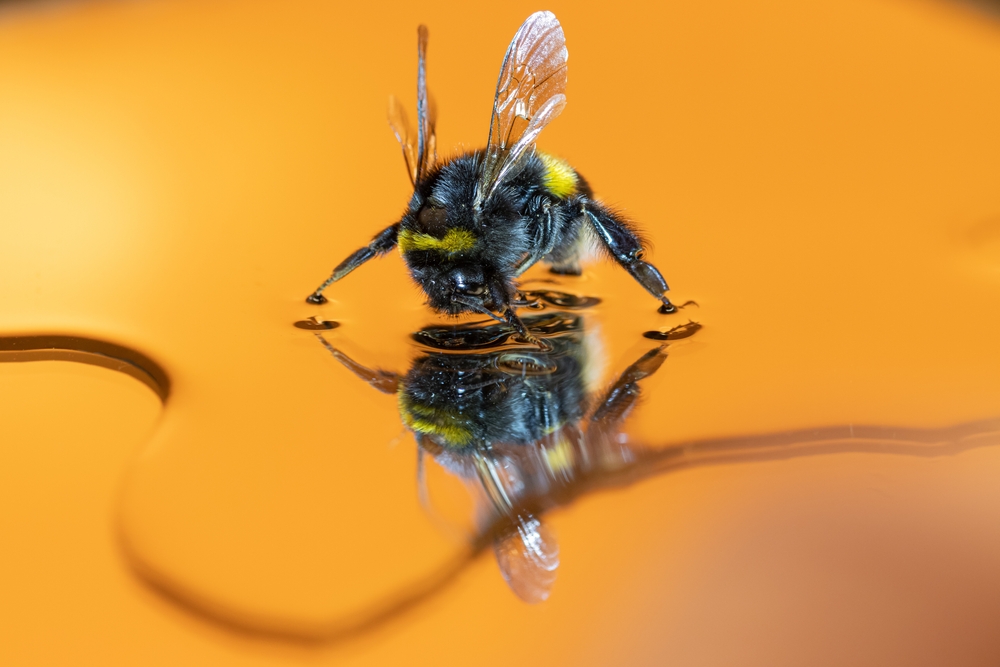Bacteria are increasingly developing ways of resisting antibiotics, putting the future of global public health under serious threat. Now, using artificial intelligence, researchers have discovered a powerful new antibiotic that kills some of the most dangerous superbugs in the world.
To find the drug, researchers from MIT and Harvard started by training a machine learning model on around 2,500 molecules. Once the system had a good grasp on what biological effects these molecules have, the team then set it loose on vast digital libraries of pharmaceutical compounds to find the ones with the strongest antibacterial activity. And they found one.
Called halicin, the molecule was previously considered for treating diabetes, but now has a new life as a strong antibiotic agent. In lab tests, the molecule quickly killed almost every species of bacteria that it was tested against, by targeting their ability to store energy — a unique mechanism that should make it difficult for bacteria to develop resistance to the drug.
The discovery represents a breakthrough in the fight against the increasing rise of drug-resistant superbugs and shows the incredible potential of AI to help us in this quest.












